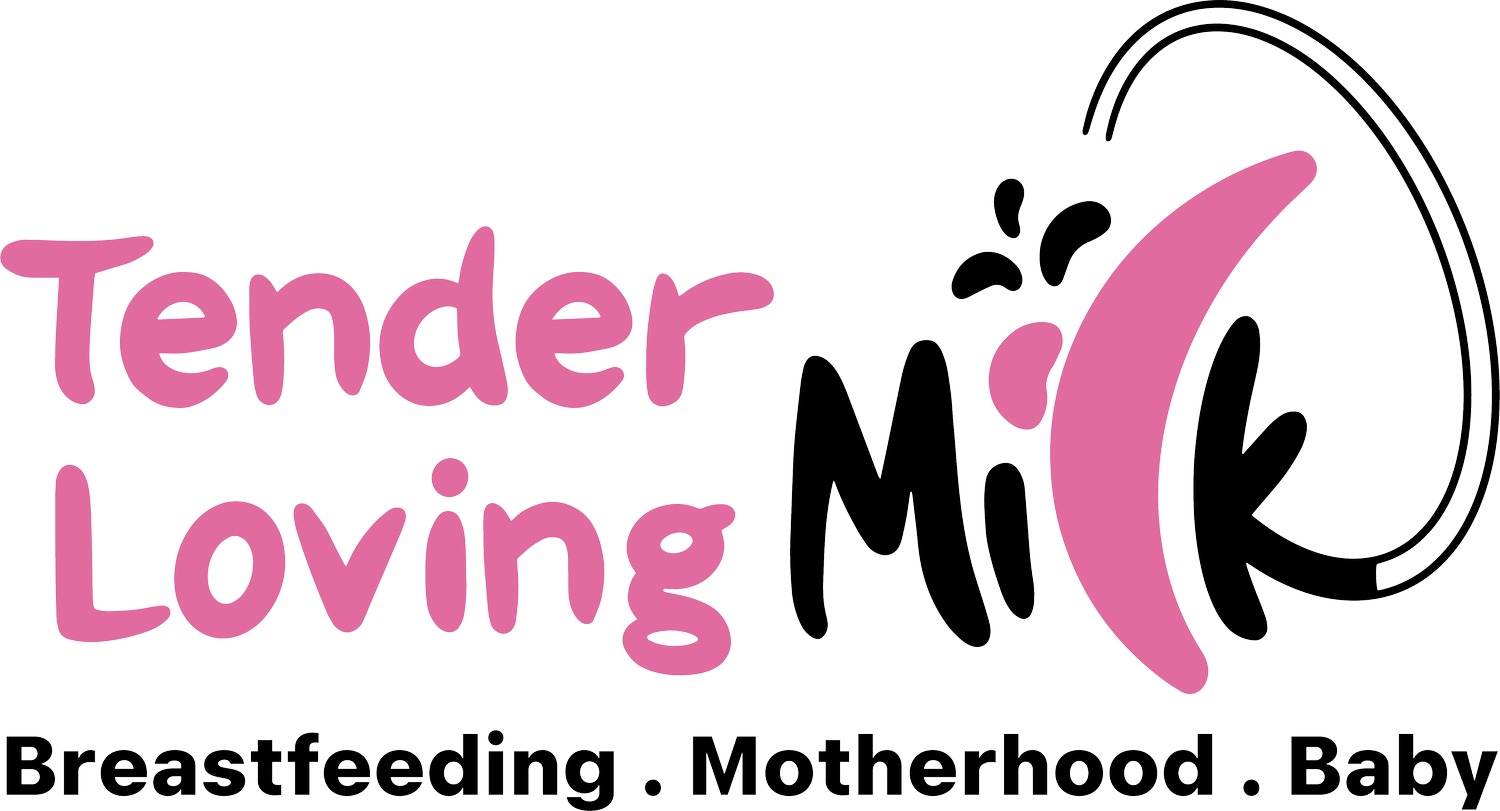Increasing Your Milk Supply
Increasing Your Milk Supply: Everything New Mums NEED to Know!
Feeding and nourishing your little one can be very stressful for a new mum. Learning about the processes of breastfeeding, bottle feeding, pumping, and formula is overwhelming! But as overwhelming as it is, we take the time to educate ourselves about these things because we love our babies, and will do anything to provide for them.
The most important thing about feeding your baby is ensuring that they are consuming enough milk to grow and thrive. If you are breastfeeding, that means making sure your body is producing the needed milk supply for your own baby. It is common to be confused about whether or not your milk supply is sufficient because the amount of milk your baby consumes by breastfeeding is nearly impossible to measure. Here are a few things you need to know:
1) Get to know your newborn’s hunger cues!
It is typical for a baby to feed every 2-3 hours (sometimes every hour). With this knowledge, you can feel more comfortable with your baby showing hunger cues (crying, rooting, suckling, etc.) this often. It does not mean you are not producing enough milk.
2) Check your baby’s output!
If your baby is outputting more than 6 diapers per day by 4 days old, they are probably consuming sufficient milk. Kellymom also shared that “Urine should be pale and mild smelling.”
3) Don’t assume that what you see is all there is!
The amount of milk that you can pump in 20 minutes is not necessarily the same amount of milk that your baby consumes in a 30 minute to 1 hour feeding period. Remember, a baby with an effective latch will express enough milk that your baby truly needs! Because pumping is a constant extraction of milk for that 20 minutes, your baby does not constantly suck milk every minute at all. Babies tend to suckle, rest, suckle, swallow, rest and so on.
Kellymom shared that “Milk pumped when you are breastfeeding full-time is “extra” milk — over and beyond what baby needs.”
4) Beware of the “top-up” trap!
Sometimes, to ensure full satiation, mums will “top-up” baby’s feed with formula milk. This may lead to the baby unwilling to go back to the breast because it takes more effort to get milk from the breasts compared to bottle feeding. Additionally, less suckling means less milk production. Less milk production will cause mum to be pressured to supplement with formula, restarting the cycle and eventually causing an overall decrease in milk supply. Thus, the top-up trap!
I love this video by Medela Australia, explaining what’s the Top Up Trap all about.
“Learn more about the puzzle of top up feeds” by a Medela Lactation Consultant
Remember, breast milk supply goes according to demand. The more you nurse your baby, the more milk your body will make.
5) Your body will regulate!
A common misconception is that once your breasts stop leaking milk, your breasts have stopped producing it. This is not true! Over time, your breasts will regulate milk production to a point that they will only produce as much milk as your baby needs. Do not be stressed if you stop soaking through your nursing pads - be excited that your body is doing its job!
Once you know these facts, you can re-evaluate your milk production. Is your little one losing weight? Are they outputting enough diapers in a day? If so, it is important to connect with an International Board Certified Lactation Consultant (IBCLC) to ensure that your baby is put in the best possible position to thrive and develop. With that being said, there are remedies that can help you to naturally increase your milk supply. Check them out!
Connect with an IBCLC to assess a strong and effective latch.
Nurse your baby on demand! It’s the only way for your breasts to know how much milk your baby requires.
Eat nourishing foods that encourage milk production!
Hydrate your body! Breast milk is 87% water, so it is more crucial than ever to ensure you are consuming enough water.
Go on a nursing vacation where you and your baby spend most of the time breastfeeding on demand in bed or at home!
Start a power pumping routine to mimic cluster feeding. This way, your body will realise that you are signalling your breasts to make more milk!
As stressful as the early days of motherhood are, know that you are not alone. In your efforts to educate yourself about how to best keep your baby safe and healthy, you are accomplishing so much. Never forget that!
For more information on milk supply and all things motherhood and breastfeeding, subscribe to my website! You will be the first to get access to free content and resources just like this.
References and more information

